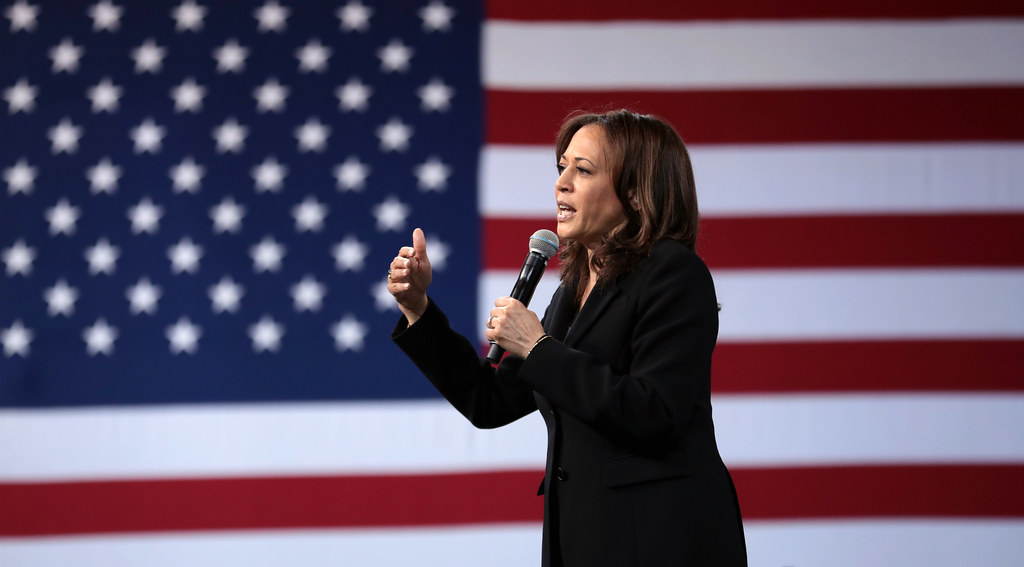
As the 2024 U.S. Presidential Election approaches, Vice President Kamala Harris stands as a prominent candidate to secure the Democratic nomination, especially with endorsements from President Joe Biden and other key Democratic leaders. Although the Democratic National Convention (DNC) set for August 19 in Chicago might traditionally decide the nominee, pressing state deadlines such as Ohio’s on August 7 may accelerate this process. The potential early decision could streamline Harris’s nomination ahead of the conventional open convention method.
Crypto Policies of Potential Democratic VPs
With the political landscape heating up, it’s also crucial to consider the crypto policy stances of potential Democratic vice-presidential candidates, as their views could significantly influence future regulations should Harris win the presidency:
Pete Buttigieg
As Secretary of Transportation and former Presidential candidate, Buttigieg has suggested treating Bitcoin as a commodity rather than a security, which could hint at a regulatory stance favoring less stringent SEC oversight over cryptocurrencies.
Josh Shapiro
As Pennsylvania’s Governor, Shapiro oversees a state where crypto is explicitly not recognized as money, which could influence his approach to federal crypto regulations, potentially favoring a lighter regulatory framework.
JB Pritzker
Governor of Illinois, Pritzker has actively welcomed the crypto industry to his state, exemplified by his support during CoinFlip’s headquarters announcement. His pro-crypto stance could drive a favorable regulatory environment for cryptocurrencies.
Gavin Newsom
Governor Newsom of California has implemented pioneering regulatory frameworks for blockchain in the state and signed significant crypto regulation bills, showcasing a proactive approach to managing and integrating crypto within governmental structures.
These candidates, all of whom have endorsed Harris, could bring varied perspectives on digital assets into the administration. Their past actions and statements suggest a potential collective shift towards integrating and possibly nurturing the crypto sector, balancing innovation with necessary regulation.
Republican Contrast
On the opposing front, Donald Trump’s selection of JD Vance as his running mate introduces a pro-crypto stance into the Republican campaign, marked by Vance’s personal investment in Bitcoin and support for crypto-friendly policies. This positions the Republican ticket as potentially favorable to the crypto industry, based on campaign promises to support Bitcoin mining and accepting crypto donations.
The differing approaches between the potential Democratic administration under Harris and the Republican candidates could lead to significant impacts on the crypto market and investor sentiment. As the election nears, these policy stances will likely become increasingly scrutinized by voters who are stakeholders in the digital assets market.
As the DNC approaches and the U.S. gears up for another presidential election, the crypto policies of potential vice-presidential candidates under Kamala Harris could play a crucial role in shaping the Democratic platform and influencing broader regulatory landscapes. This dynamic adds another layer of complexity to an already contentious election cycle, where digital asset policies could sway voter preferences.
Featured image credit: upklyak via Freepik
Follow us for more breaking news on DMR
